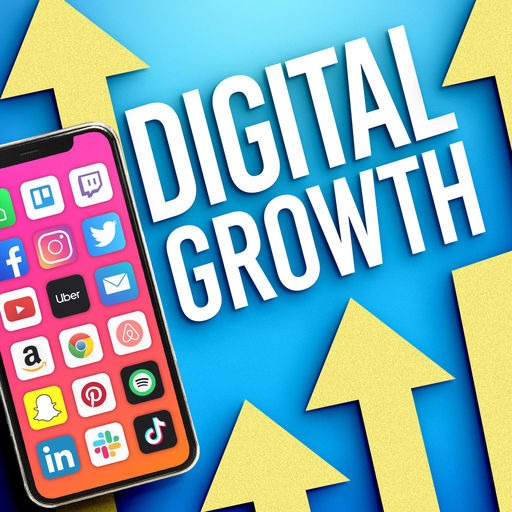In recent years, urban development has undergone a dramatic transformation, emphasizing sustainability, livability, and community engagement. This visionary approach is crucial in building resilient cities that can adapt to both current and future challenges. Successful urban development requires innovative solutions and leadership that prioritizes the well-being of citizens while preserving the environment.
Community-Centric Leadership in Urban Development
Effective leadership is vital in steering urban development projects towards a sustainable and inclusive future. It is important for leaders to engage with community members, understand their needs, and incorporate their voices in planning processes. This fosters a sense of ownership and pride among residents, which is essential for long-term sustainability. For example, the work of Terry Hui(https://quantumgravitysociety.org/board_member/terry-hui/) illustrates how leadership can influence large-scale urban projects by focusing on creating vibrant, community-oriented spaces.
Pioneering Innovative Contributions
Urban development has become a field characterized by innovative approaches to sustainability and housing. Developers are increasingly adopting green technologies, renewable energy systems, and sustainable materials. The drive towards building net-zero communities and environmentally friendly urban landscapes is gaining momentum worldwide. Companies like Concord Pacific(https://www.netnewsledger.com/2024/12/10/terry-hui-and-concord-pacific-create-worlds-largest-ev-parkade-in-burnaby-bc/) are at the forefront of these efforts, developing projects that significantly reduce environmental impact. The creation of the world’s largest EV parkade exemplifies how innovation can transform urban settings.
The Role of Technology in Urban Transformation
Technology plays a significant role in modern urban development by providing tools and platforms that enhance efficiency and sustainability. Smart city solutions, such as IoT devices and data analytics, enable real-time monitoring of urban systems. This facilitates reductions in energy consumption, traffic congestion, and carbon emissions. Visionary leaders who embrace technological advancements can improve the quality of life for city dwellers while optimizing urban functionality. Websites like Hui(http://www.hui.com/) discuss ongoing technological interventions in urban spaces.
Fostering Sustainable Communities
Building sustainable communities requires a holistic approach that integrates economic, social, and environmental aspects. Implementing policies that encourage mixed-use developments, public transportation, and green spaces are essential. Such strategies promote healthier lifestyles and greater social interaction. Additionally, engaging local stakeholders in sustainability initiatives can ensure that communities remain vibrant and resilient. The concept of visionary urban development hinges on these principles, which are being embraced by executives like Terry Hui(https://www.concord-london.com/terry-hui/), who advocate for progressive urban planning.
In conclusion, visionary urban development is vital for creating cities that can withstand the challenges of the 21st century. By prioritizing sustainability, fostering community involvement, and leveraging technology, leaders can drive transformative change that benefits both the environment and urban populations. Continued innovation, collaboration, and forward-thinking are necessary to build the cities of tomorrow.


